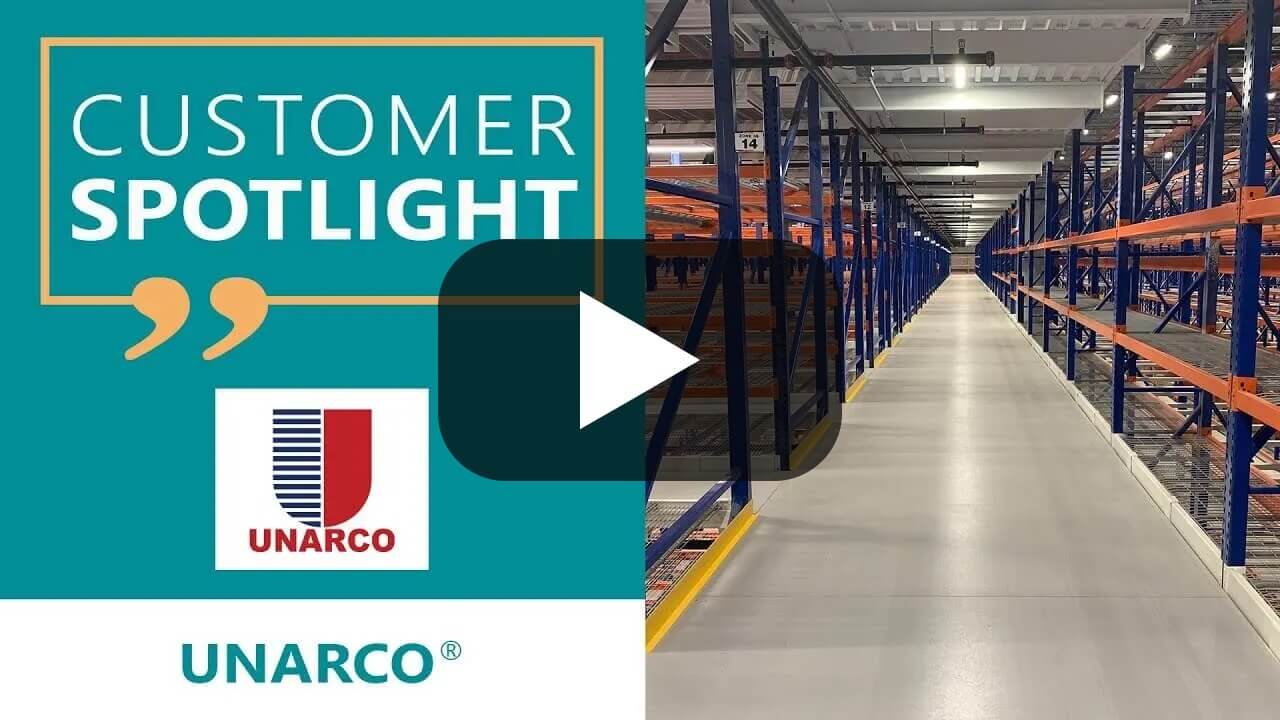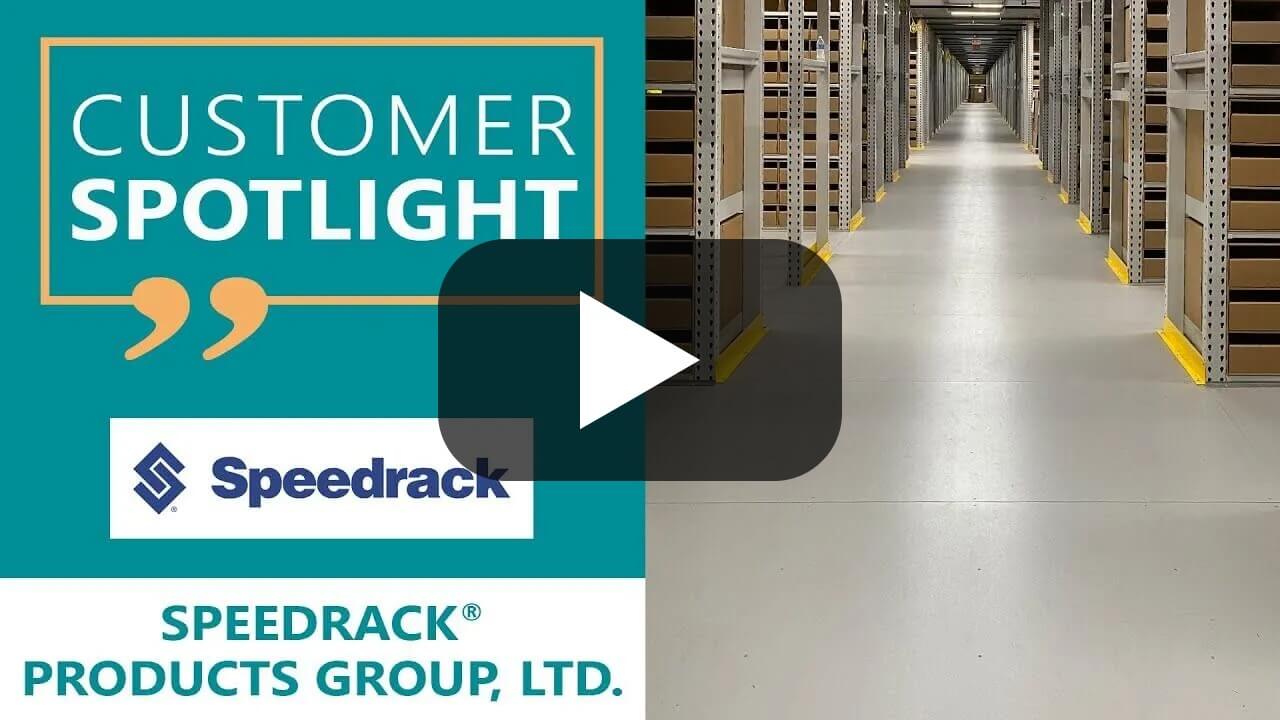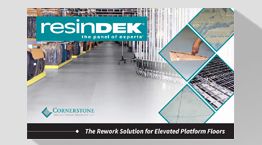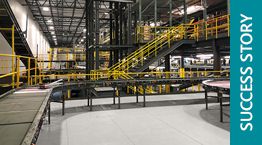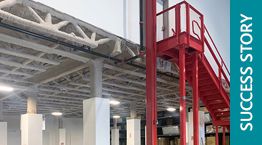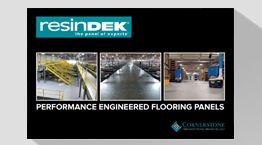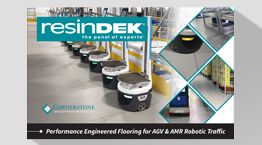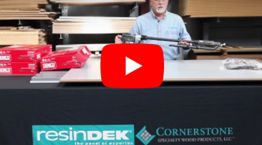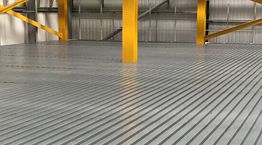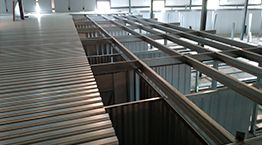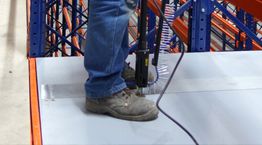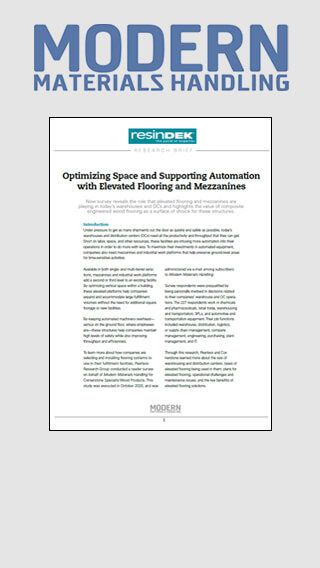
SPACE OPTIMIZATION & AUTOMATION SUPPORT RESEARCH BRIEF
COMPOSITE ENGINEERED WOOD FLOORING OFFERS GREATER VALUE THAN CONCRETE, BAR OR PLANK GRATING FLOORING OPTIONS
A new research brief exploring preferences for selecting, implementing and using elevated flooring systems in mezzanines and industrial work platforms found that - when compared to concrete or bar or plank grate elevated flooring - composite engineered wood flooring is considered by Systems Integrators to be:
- The most flexible for future changes (77.8%)
- The easiest to install (70.0%)
- The best value (66.7%)
- The most level surface (55.6%)
- The fastest to install (50%)
According to respondents in the newly released " Optimizing Space and Supporting Automation with Elevated Flooring and Mezzanines" report, the three most commonly used elevated flooring types are concrete (70.2%), composite engineered wood flooring (59.0%), and bar or plank grate (49.0%).
Of those three materials, the majority of those surveyed believe composite engineered wood flooring to be the surface that best addresses the leading operational challenges of elevated work platforms. Users and integrators say the top four challenges faced by operations using these structures are:
- Worker safety (Users: 51.3%; Integrators: 45.5%)
- Load carrying capacity (Users: 41.0%; Integrators: 72.7%)
- Capacity planning / Managing capacity / Optimizing load levels (Users: 33.3%; Integrators: 36.4%)
- Durability of the floor (Users: 28.2%; Integrators: 45.5%)
When asked what benefits participants expect to receive by utilizing composite engineered wood flooring as an elevated work platform surface, among the top responses were: Durability of the floor (41.9%); Worker safety (32.6%); and Load carrying capacity (20.9%). Rounding out the top six benefits were: Lower cost of structure (34.9%); Reduced construction time (25.6%); and Serviceable life of the floor (23.3%).
The "Optimizing Space and Supporting Automation with Elevated Flooring and Mezzanines" report is based on the findings of a reader survey conducted by Peerless Research Group on behalf of Modern Materials Handling for Cornerstone Specialty Wood Products, LLC® in October 2020. To read more download the pdf on this page.
Additionally, a second independent study comparing the cost of three different elevated platform structures (two with concrete flooring and one with ResinDek composite engineered wood flooring) has been published. The "Work Platform Deck Cost Comparison Study," which found the ResinDek flooring system to be 31% to 34% less expensive than the concrete alternatives.


